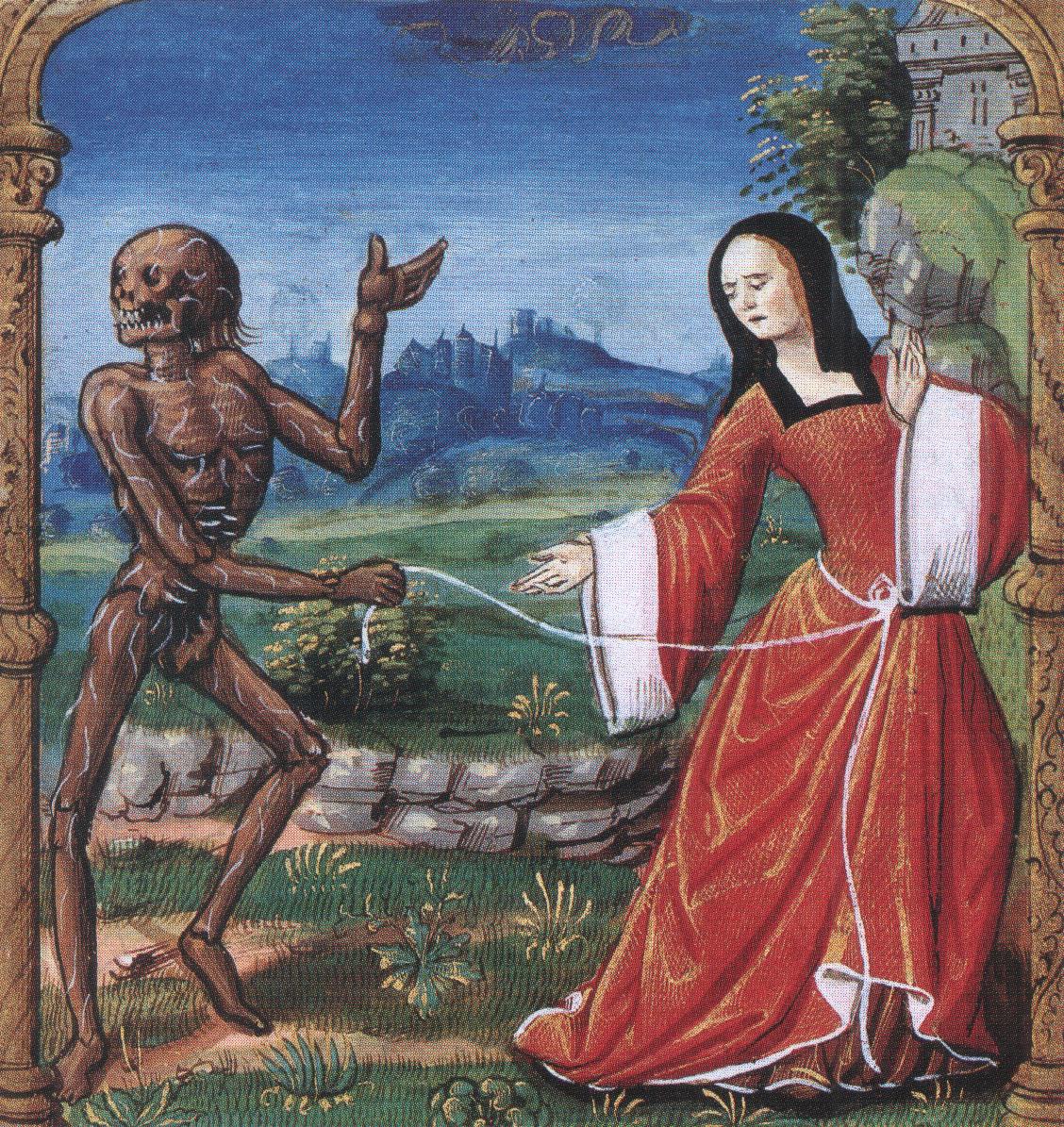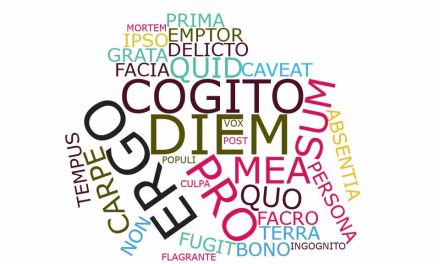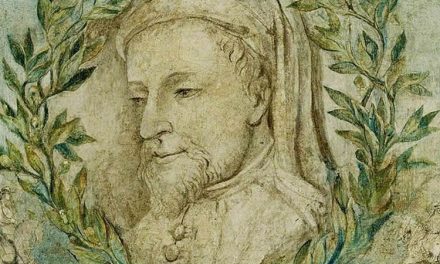a word derived from the name of a real, fictional or mythical character or person after whom a discovery, invention, place, etc., is named or thought to be named.
Eponyms are one of the most fascinating examples of how the English language gains new words. In this article we take a colourful look at the phenomenon that is the eponym gathering together the stories of the people behind the words that have passed into our everyday vocabulary.
 FAHRENHEIT
FAHRENHEIT
farenheit ~ adjective : a temperature scale that registers the freezing point of water as 32° and the boiling point as 212° at one atmosphere of pressure
The temperature scale named after German physicist Daniel Gabriel Fahrenheit (1686-1736) has fallen out of favour in most countries, except the USA. The man himself was thrust into a working life at an early age after his parents died from eating poisonous mushrooms. He was not only a clever student of engineering but also a trained glassblower who could make his own thermometers and barometers, which the public in Holland snapped up, along with the scale they soon called Fahrenheit.
 COLOSSAL
COLOSSAL
colossal ~ adjective : extremely large or great
The Colossus of Rhodes was one of the seven ancient wonders of the world. A huge iron and bronze statue of Helios, the Greek god of the sun, it stood over the town of Rhodes on the island of that name in the 3rd century BC and was destroyed by an earthquake in 226BC. It lay on the ground for hundreds of years, so we know for certain from historical reports that it was very big, more than 30m (100ft) high, hence the word ‘colossal’.
 MACABRE
MACABRE
macabre ~ adjective : disturbing because concerned with or causing a fear of death
Nowadays we use this word to describe bizarre and strange things in general, but its original meaning in French was specifically to do with death and the gruesomeness of dying.
Some scholars suggest ‘macabre’ came from the Maccabees, the ancient Jewish family led by Judas Maccabeus whose history and doctrines feature in the Bible, though not in the version of the Bible used by most Protestant denominations.
The Second Book of the Maccabees is heavily concerned with death and dying, and includes prayers for the dead as well as the story of the Maccabean martyrs – seven brothers who were executed along with their mother and teacher – which was a very popular tradition in the Christian Church until the Middle Ages when the word ‘macabre’ first appeared.
Interestingly, the Roman Catholic Church still lists the Holy Maccabees as saints and martyrs, even though they all lived and died decades before Jesus Christ was born. That is not macabre, but certainly bizarre.
 DOLBY
DOLBY
dolby ~ trademark : a brand of system for reducing high-frequency noise in audiotape using various electronic devices during recording and playback
Dolby sound is all around us, and is a genuine product of British and American co-operation. Ray Dolby was an American engineer who invented his audio reduction system in 1965 at his laboratories in London. He moved back to the USA and worked on many developments of his system. At first, the inventor wanted his system to be given a technical name, but he was persuaded to change his mind and attach Dolby Laboratories to the invention, and its use is now so widespread in film and music technology that Dolby has become a billionaire.





